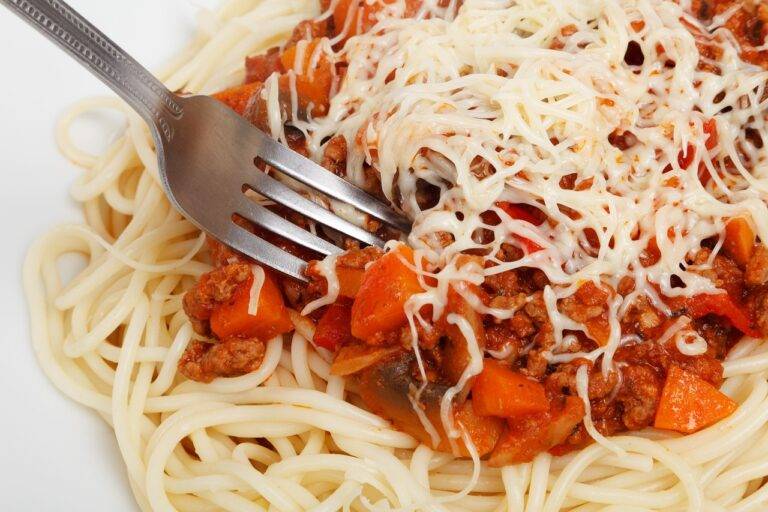The Role of Food in International Diplomacy and Relations
In diplomatic settings, food serves as more than just sustenance – it acts as a powerful symbol of cultural identity and hospitality. The choice of dishes and dining customs can convey respect, friendship, and a willingness to understand and engage with different traditions. By partaking in a host country’s cuisine, diplomats not only show appreciation for the local culture but also demonstrate a desire to forge meaningful connections beyond political discussions.
Furthermore, the act of sharing a meal can help break down barriers and foster a sense of camaraderie between nations. Sitting down to eat together creates a shared experience that transcends language barriers and allows for informal interactions that can lay the groundwork for productive diplomatic relationships. Food can be a unifying force, bringing people from diverse backgrounds together in a common space where differences can be celebrated and understood.
Etiquette and Protocol Surrounding Food in International Relations
There is no denying the role that food plays in international relations. It serves as a common ground where people from different backgrounds can come together and bond over shared culinary experiences. The way food is presented and enjoyed can convey a great deal about the values and traditions of a particular culture.
In diplomatic settings, the serving of food is often meticulously planned to ensure that it aligns with the customs and preferences of the guests. Special attention is paid to dietary restrictions and cultural taboos to avoid any potential missteps.
Food as a Tool for Building Bridges Between Nations
Culinary exchanges have long served as a means to foster connections and understanding between diverse cultures worldwide. Through the sharing of traditional dishes and culinary practices, nations can establish common ground and strengthen diplomatic ties. The act of breaking bread together transcends language barriers and creates a sense of unity and camaraderie that can pave the way for meaningful dialogue and cooperation.
Moreover, food serves as a tangible expression of a nation’s heritage and values, offering a unique insight into its customs and traditions. By showcasing their culinary traditions to the international community, countries can promote cultural appreciation and mutual respect. Through culinary diplomacy, nations can highlight their rich culinary diversity and showcase the unique flavors and ingredients that define their national identity.





